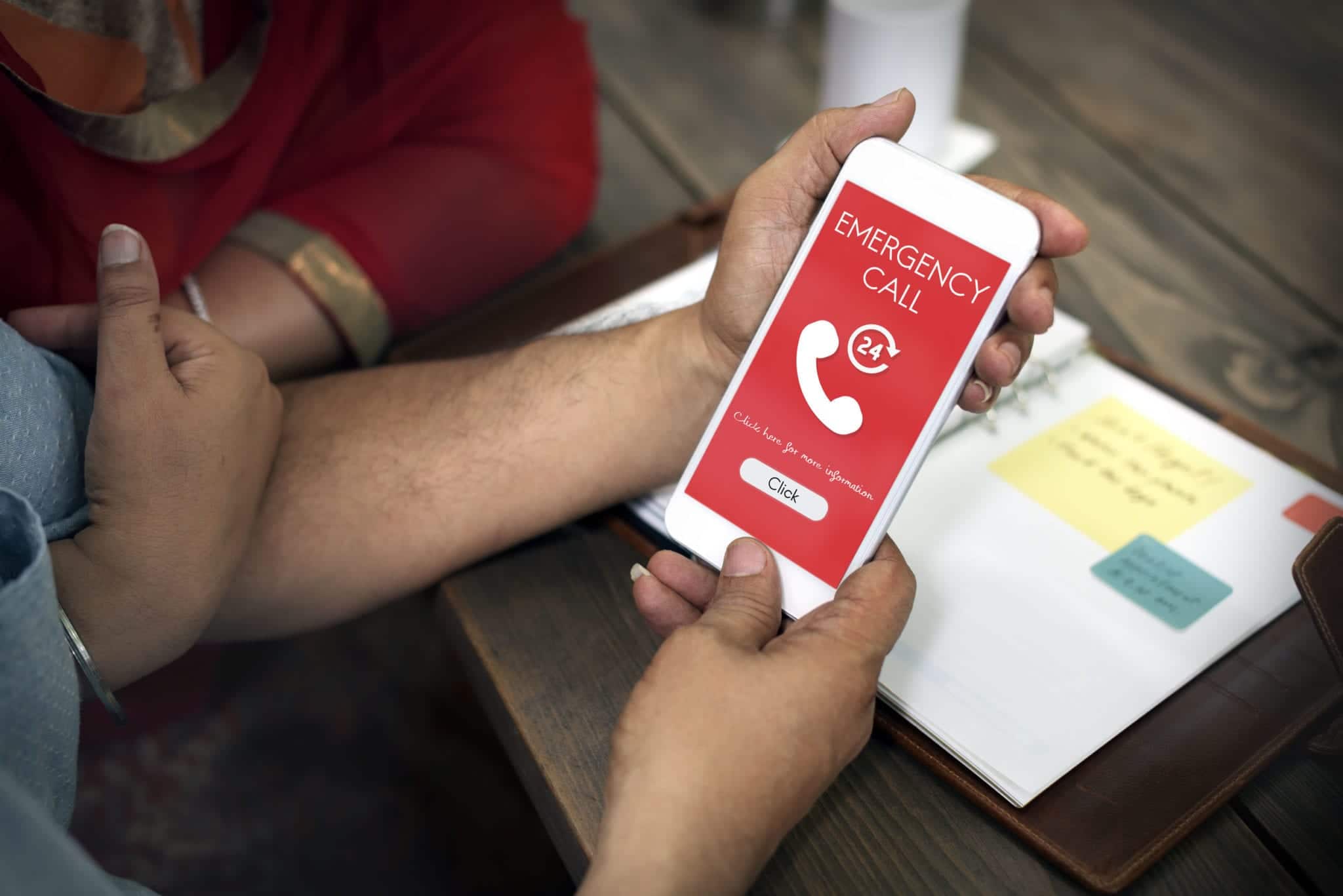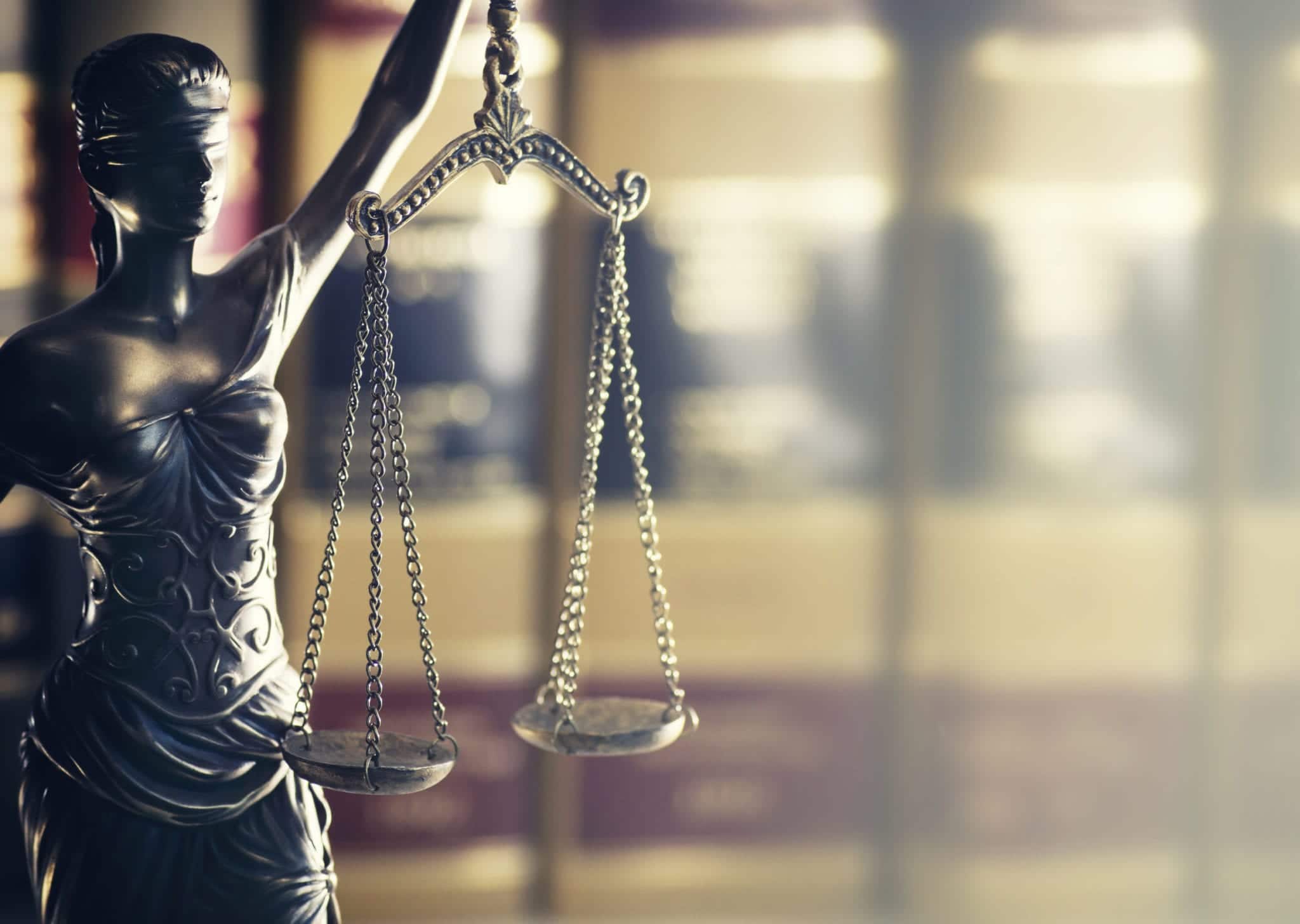
In an emergency, people call 911 for help. If they are prevented from doing so by someone, then in Texas, that’s a crime. In fact, interfering with an emergency call in the state can have some serious legal consequences that many people are unaware of.
Here’s what you need to know about interfering with an emergency call in Texas: what it is and the penalties associated with it if found guilty.
What is an Emergency Call?
To understand what it means to interfere with an emergency call, it’s important to first understand what an emergency call is.
For the purposes of the Texas Penal Code that makes it illegal to interfere with an emergency call, an emergency is defined as a circumstance in which:
- Someone reasonably believes they are at risk or in fear of assault
- Someone reasonably believes their property is to be destroyed or damaged
Many people think that emergency calls are centered around medical help, but it’s important to remember that under the law, emergency calls are also something used to report fear of harm or crimes that have not yet occurred.
What is Interference with an Emergency Call?
Now that it’s understood what an emergency is, it’s time to understand what it means to interfere with an emergency call. Under Texas Penal Code, interference with an emergency call can happen in two ways. They are:
- When someone intentionally or knowingly interferences with the ability of another to place an emergency call
- When someone intentionally or knowingly destroys a phone that can be used by someone to place an emergency call or request assistance
Penalties for Interference of an Emergency Call
Each situation is different and there are always going to be two sides to every story, especially when it comes to accusations of crimes. Under Texas law, however, those who interfere with an emergency call can face serious penalties if convicted.
In Texas, interfering with an emergency call can result in the charge of a Class A misdemeanor. This can result in up to one year in jail and fines up to $4,000.
If the person being charged with interference of an emergency call has been previously convicted of the offense, then it may result in a felony charge. The court will have to take the defendant’s criminal history into account when deciding what to charge.
If someone is charged with felony interfering with an emergency call, then it can result in up to two years in prison and fines up to $10,000.
Collateral Consequences of Conviction
Once a person is convicted of a crime and they serve their jail term and/or pay their fines, that doesn’t mean it’s the end of the road for the crime. Unfortunately, the impact of a conviction can follow a person around for a quite some time, making it difficult to do things such as:
- Find employment
- Prohibition of working in certain fields such as government, education, and healthcare
- Problems buying a home or renting one
- Issues securing financial loans
- Loss of professional licensures
- Inability to get help from government welfare programs
- Limitations in owning guns
- Possible issues with child custody

Of course, these are only a few of the possible issues a person can run into once they are convicted of a crime in Texas, but it’s not a complete list. It highlights the importance of avoiding charges or, once charged, avoiding the conviction of the crime with proper representation in court.
About the Author:
Brandon Fulgham has an in-depth understanding of both Texas law and Texans themselves. Before practicing law here, he received his undergraduate degree from TCU and his law degree from South Texas College of Law in Houston. After graduation, he worked in District Attorneys’ offices as a prosecutor, building cases designed to put people behind bars. Now, he uses that knowledge to protect the rights of people in and around Fort Worth. He has been recognized for his work by Expertise (Best Criminal Defense Lawyers in Forth Worth and Best DUI Lawyers in Fort Worth, both 2020), The National Trial Lawyers, Fort Worth Magazine, and others.